
Is there a real political solution in Syria?
The first of August was the day a political transition was supposed to begin in Syria, according to US Secretary of State John Kerry.
Obviously the transition did not take place, nor did we see any indication or intention by the government of Syrian President Bashar Assad to move in that direction.
International diplomacy, and especially US policy, have instead been dominated by geopolitical priorities including the threat of the Islamic State group, the EU-Turkish agreement to deal with the flow of the refuges into Europe and the US-Iranian nuclear deal last year.
While shuttling between Washington and Vienna to secure an agreement with Tehran in mid-2015, the secretary of state stated that the United States would "have to negotiate with Assad to find a political solution", pushing to negotiate the implementation of agreements reached at UN-sponsored talks in Switzerland, the so-called Geneva Communique of June 30, 2012.
The five-page Communique calls on all parties to "re-commit to a sustained cessation of armed violence" in all its forms, and to implement the six-point plan without "waiting" for the actions of others.
The document also states that government and armed opposition groups "must cooperate with the United Nations Supervision Mission in Syria [UNSMIS] with a view to furthering the implementation of the above in accordance with its mandate".
 |
Almost six months after the adaption of Security Council Resolution 2254, nothing changed on the ground in Syria |  |
Three world-class diplomats, Kofi Annan [February 2012 - August 2012], Lakhdar Brahimi [September 2012 - May 2014] and Staffan de Mistura [July 2014 - current], have served as UN Special Representative for Syria, seeking some ceasefire agreement and possible rapprochement between the Syrian government and the variety of groups which oppose it.
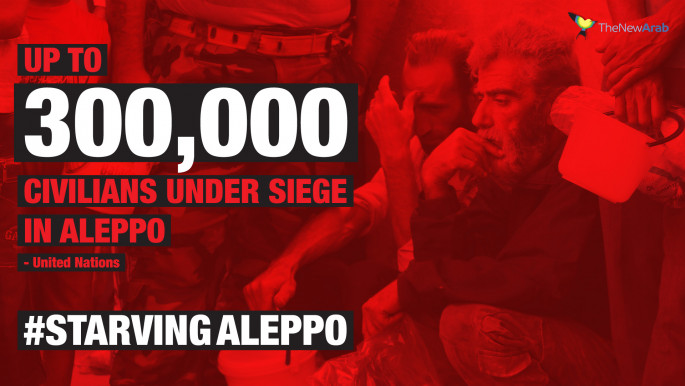 |
|
In December 2015, the UN Security Council approved resolution 2254, which supports international efforts seeking a political solution in Syria.
Security Council resolution 2254 was believed to set out a road map for a peace process in Syria, detailing negotiations between the Assad regime and the opposition, as well as the outlines of a nationwide ceasefire to begin as soon as the parties concerned had taken initial steps towards a political transition.
The resolution does three things, which internationalise efforts to seek a political solution in Syria. It endorses the 17-member International Syria Support Group [ISSG] as the main body dealing with the Syria peace process.
It also validates the peace plan agreed by the ISSG in Vienna in 2015, including a ceasefire between the regime and opposition, and talks leading to drafting a new constitution.
And it gives the UN a leading role in working with the regime and opposition both on negotiating a ceasefire and drafting a constitution.
 |
Iran clearly wants to create a sphere of influence from Tehran via Baghdad and Damascus to Beirut. |  |
John Kerry said the process had been designed to end the nation's civil war and provide a new government in Syria.
Almost six months after the adaption of Security Council Resolution 2254, nothing had changed on the ground in Syria - and the call for political transition by the end of August 2016 looks ever more unrealistic.
It is clear that Russia and Iran do not want a political solution. Their strategies are very different from Washington's. Iran appears to desire a circle of influence from Tehran - via Baghdad and Damascus - to Beirut. In Syria, a mainly Sunni Muslim country, any political solution will lead to the end of Assad's power structure - and thus an end to the influence of predominantly Shia Iran.
For Russia, the war in Syria is about much more than Assad. The goal of Russian President Vladimir Putin is to challenge the US on the international stage and to appear as a superpower once more.
Putin wants to end the attractiveness of the EU and NATO to countries he considers part of the Russian sphere of influence.
 |
The goal of Russian President Vladimir Putin is to challenge the US on the international stage and to appear as a superpower once more |  |
Russia is not targeting the self-proclaimed Islamic State group, but rather all Syrian opposition forces. Much more worrying is that Russia is trying to drag Turkey into the conflict. Russia is supporting the Syrian Kurds, who are on their way to gaining territory all along the Syrian-Turkish border - literally a red line for Turkey.
Russia's military intervention since September 2015 was meant to first rescue the crumbling Syrian regime army. Moscow's action was also designed to establish a lasting Russian stronghold in the Middle East and to notify Washington that US dominance in world affairs was over.
But the Russian intervention has had significant side effects. It froze Turkey's policy on Syria and sent a signal to Tehran that the Iranians were not alone in influencing the Syrian civil war.
Given the myriad of international and geopolitical forces involved in Syria, and their opposing agendas and interests, it is safe to say that international efforts led by the UN have failed.
The question remains: are political and diplomatic efforts in Syria worth pursuing?
Dr Radwan Ziadeh is a Senior Middle East Analyst at the Arab Center Washington DC. Follow him on Twitter: @radwanziadeh
Opinions expressed in this article remain those of the author and do not necessarily represent those of The New Arab, its editorial board or staff.
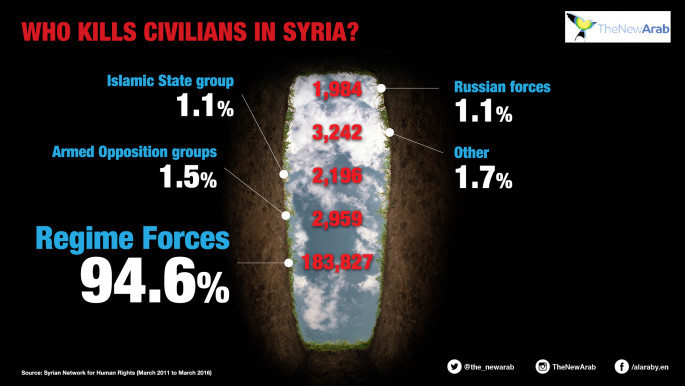 |

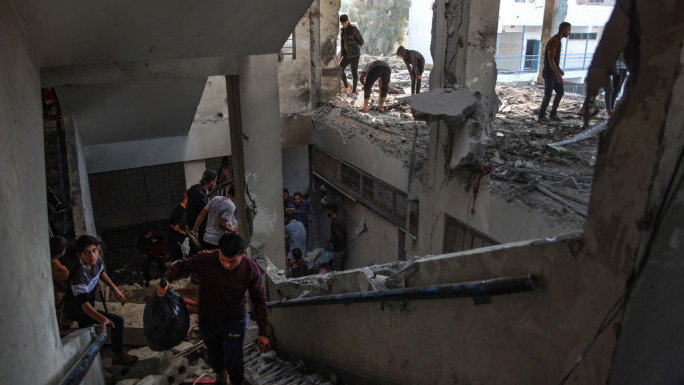
![President Pezeshkian has denounced Israel's attacks on Lebanon [Getty]](/sites/default/files/styles/image_684x385/public/2173482924.jpeg?h=a5f2f23a&itok=q3evVtko)

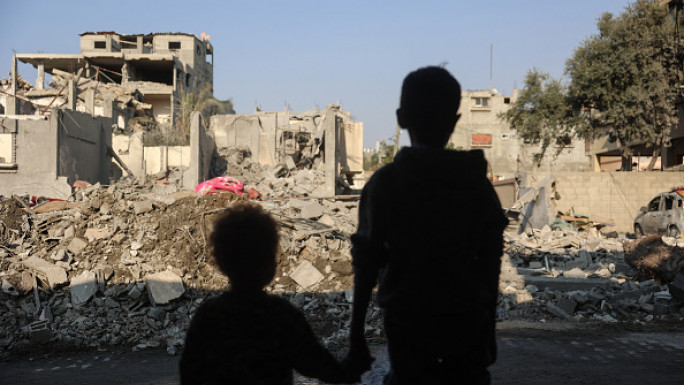
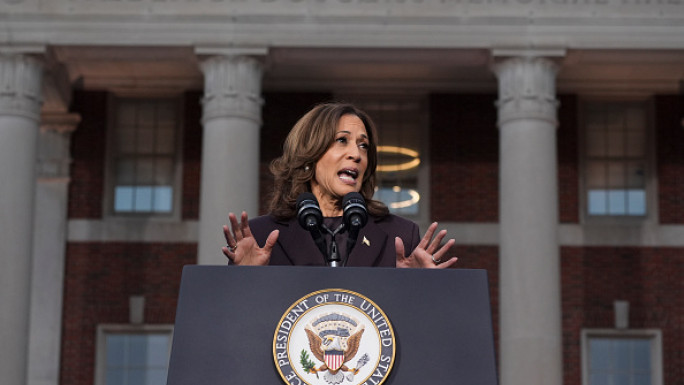
 Follow the Middle East's top stories in English at The New Arab on Google News
Follow the Middle East's top stories in English at The New Arab on Google News


